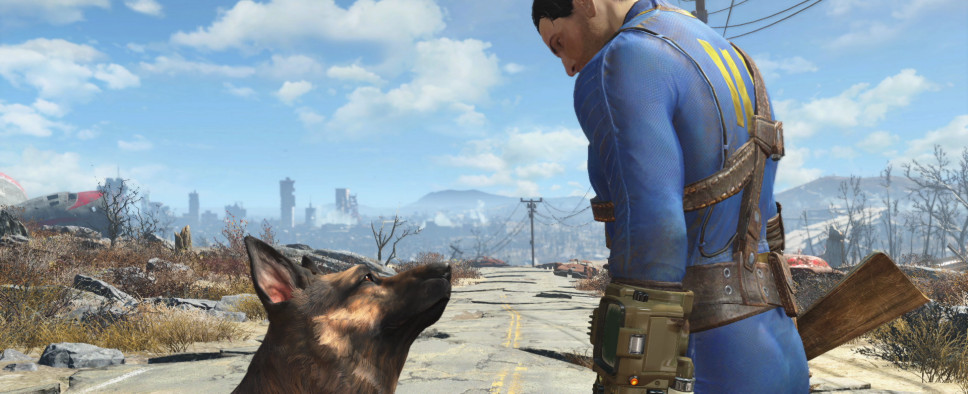The Appeal of MOBA Heroes
-
Category: News ArchiveHits: 1231

In a new The RPG Scrollbars column on Rock, Paper, Shotgun, Richard Cobbett makes a case for the appeal of MOBA characters when compared to recent RPG protagonists that happen to not be very customizable while also being pretty dull. To be perfectly honest, my interest in MOBAs and online games tends to be on the very low end of the spectrum, so, while I understand Cobbett's criticism of characters such as the Fallout 4 protagonist, the paragraph where he waxes poetic about MOBA characters largely fall flat on me. Here's an excerpt:
More and more games began defining their protagonists either by force or in subtle ways. Bioware for instance pushed their vision of both Commander Shepard and Hawke on players by not only presenting their canonical version first, but making them look notably better than generated faces (at least until making a canonical female Shepard, after two games of ‘eh, whatever’). Or just look at Bethesda’s last couple of games. Skyrim – bar a little prophetic nonsense and a few unique tricks, it left you alone. Fallout 4? Obsessed with creating its story and your place in the world, which wouldn’t be so bad if it didn’t do it so poorly. The obvious example of it not being a bad thing is The Witcher 3, which just wouldn’t be the same if you weren’t Geralt specifically, sorting out problems like Geralt does.
And all of this makes sense. The more nailed down a character is, the easier it is to tell stories about them, to create recognisable characters to make toys and ghastly Funko Poop figures of, and there’s been no real suggestion of late that most players actually mind having this creative weight lifted. The Witcher 3: Blood and Wine for instance has received far more plaudits for offering dye to recolour Geralt’s armour than people clucking that it only applies to actual Witcher armour, not any old cloth.
Elsewhere, MMOs still offer plenty of choice, but the growth of personal stories, limited skill-sets and very few armour options mean that realistically there’s rarely much separating your vision of a wizard from the next player, and most of that is cosmetic. World of Warcraft for instance long since dropped its skill trees, intended to allow that kind of freedom, in favour of just straight-up telling you “Okay, you’ve chosen Frost Mage. Here’s what that means. Fire Mage? Be with you in a second.”
...
Without looking at the actual games at all, it’s not hard to see why these modern heroes typically offer a better fantasy experience for the average player than just creating an avatar. You don’t control the personalities, but at least they have them. Lines of dialogue between characters help reinforce their place in the world, and allow for a level of fantasy of playing alongside specific characters rather than them simply being a shell – at least on a casual level. Spending money on skins and things… well, it’s not how I can imagine really choosing to spend mine, and obviously you’re not creating anything original when you do, but it is still depressingly more dramatic control than most games without a mod scene get these days.

